In anticipation of today’s General Election, the Federation of Master Builders (FMB) has put together a five point plan that highlights the key areas that the next government must focus on if they are to overcome the challenges currently faced in meeting the UKs housing demand.
Even those not planning to build their own home should have an interest in the fate of our country’s construction industry as it represents 7% of GDP and employs three million people across the UK.
Furthermore, for every £1 invested in the sector, £2.84 is generated in the wider economy. It is therefore vital to the social, environment and financial objectives of the next government, regardless of who is in power.
Most Build It readers though will have a personal interest in how the UK responds to the FMB’s programme. The organisation’s five-point plan outlines the main areas of concern:
- Ensure that the construction industry has enough skilled workers
- Increase the supply of new homes
- Improve the quality of our new and existing homes
- Make our homes more energy efficient
- Boost growth among construction small and medium-sized enterprises (SMEs)
The self-build industry is capable of playing a key role in promoting and fulfilling several of these points. One-off projects have typically led the way when it comes to producing high quality, energy efficient homes and the wider housebuilding industry stands to learn a lot from those individuals who are at the forefront when it comes to employing the latest technologies and best designs.
England currently sees around 150,000 new homes built each year. A further 100,000 are needed over the same period to address the shortfall. Given greater supply of suitable plots through initiatives such as the Right to Build scheme, self-build offers a potential solution to this deficit in housing supply.
The outcome of Brexit will no doubt have an effect on the availability of skilled construction workers in the UK, many of whom are currently from elsewhere in the EU. Self-builders could see their labour costs increase if this supply of trades is reduced.
Also of interest is point four of the plan above, which the FMB expands by calling for a reduction in VAT on renovations from 20% to 5% – no doubt a popular policy among Build It readers. This would encourage owners to carry out refurbishment works to increase the thermal efficiency of their homes.
What policies would you like the next government to introduce to assist self-builders and renovators? Let us know in the comments below.
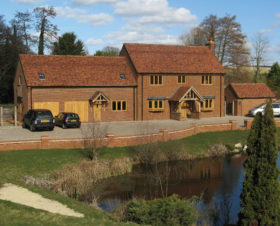



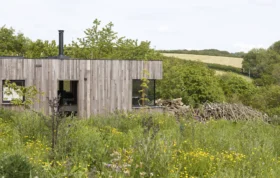

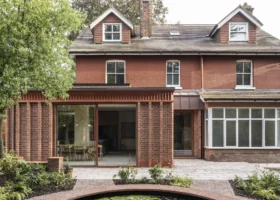
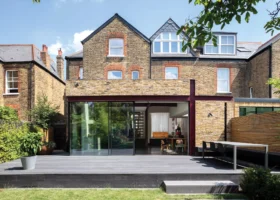




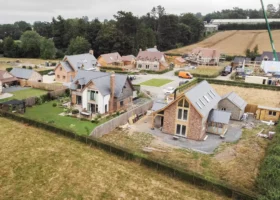

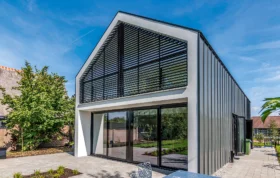

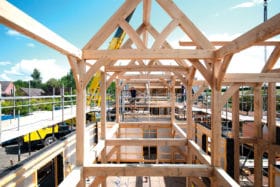
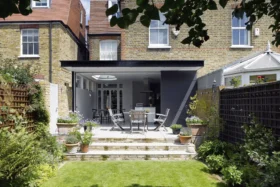
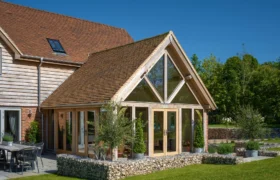
















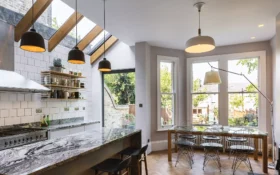
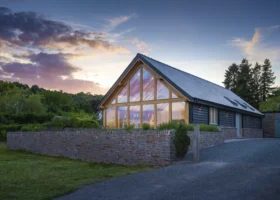

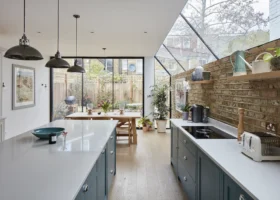




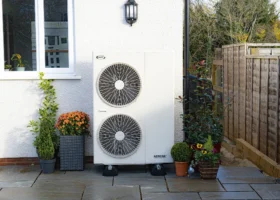
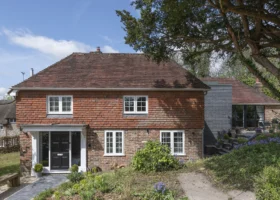

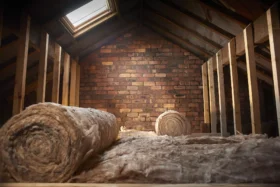


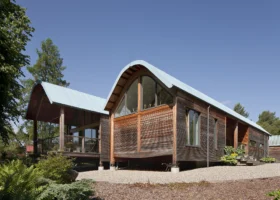

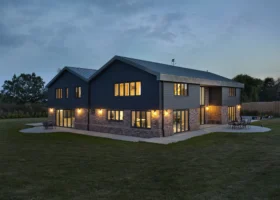
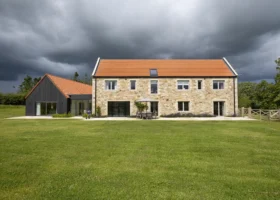
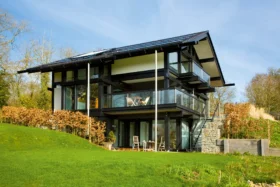



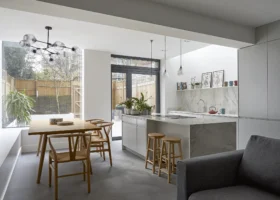

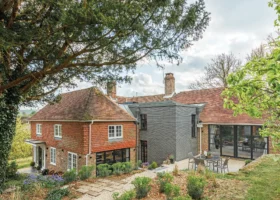
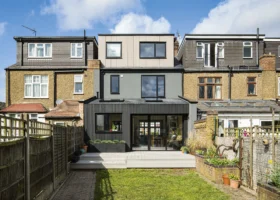

























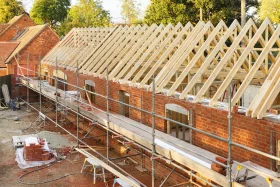










 Login/register to save Article for later
Login/register to save Article for later

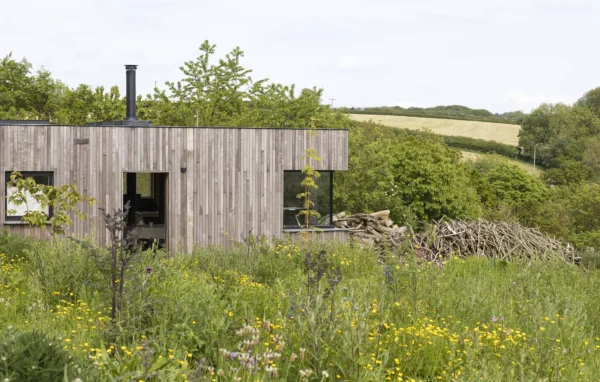
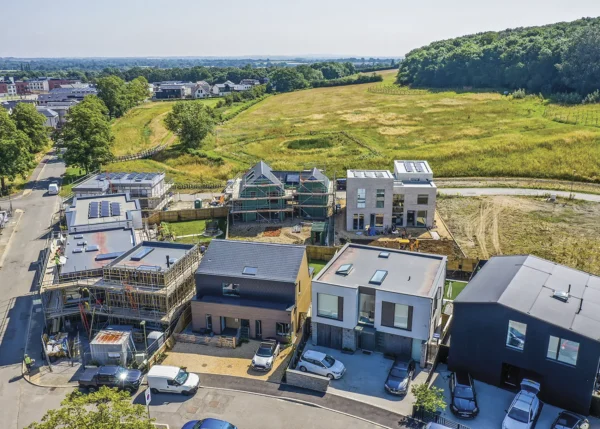
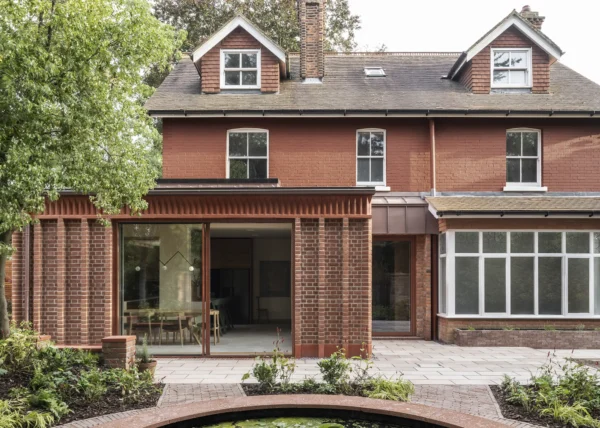
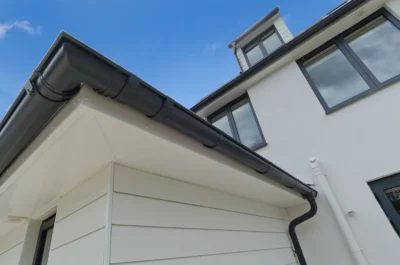








Comments are closed.